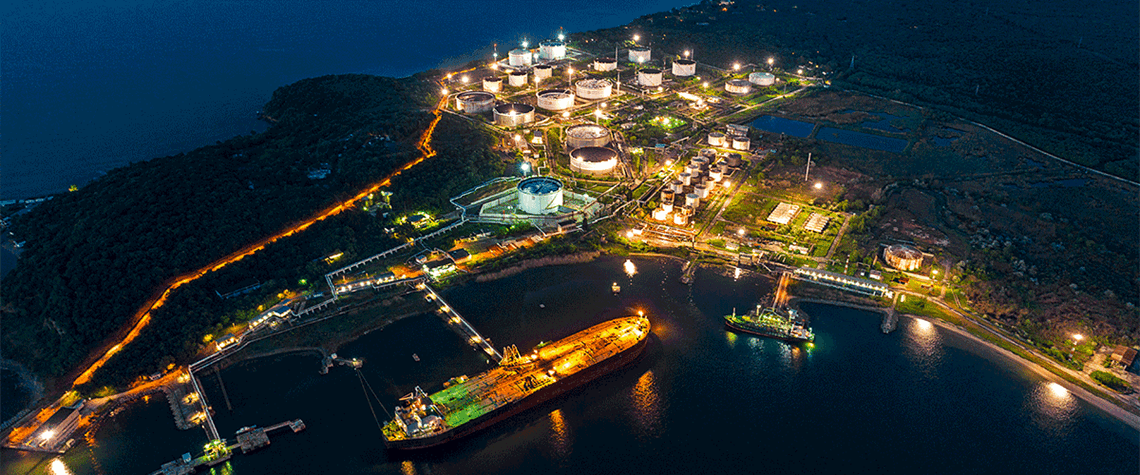Beating the Russian products ban
Legal and illegal efforts to skirt the prohibition are likely to intensify—especially in Turkey, the Balkans and Eastern Europe
Smugglers are gearing up for a race against law enforcement officials following the introduction of the EU ban on Russia-sourced refined products on 5 February. Yet experts say that there are enough loopholes in the embargo for the big players, such as the Russian government, not to need to rely excessively on smugglers—at least, for the time being. “We are looking closely at Russian exports, particularly of diesel, to work out how the new world is going to look after 5 February,” says Kevin Wright, senior oil analyst at UK-based data analytics firm Kpler. “Russian exports have hit record highs in the past few months as sellers and traders look to maximise volumes ahead of the EU27 embargo.”

Also in this section
17 February 2026
The 25th WPC Energy Congress, taking place in Riyadh, Saudi Arabia from 26–30 April 2026, will bring together leaders from the political, industrial, financial and technology sectors under the unifying theme “Pathways to an Energy Future for All”
17 February 2026
Siemens Energy has been active in the Kingdom for nearly a century, evolving over that time from a project-based foreign supplier to a locally operating multi-national company with its own domestic supply chain and workforce
17 February 2026
Eni’s chief operating officer for global natural resources, Guido Brusco, takes stock of the company’s key achievements over the past year, and what differentiates its strategy from those of its peers in the LNG sector and beyond
16 February 2026
As the third wave of global LNG arrives, Wood Mackenzie’s director for Europe gas and LNG, Tom Marzec-Manser, discusses with Petroleum Economist the outlook for Europe’s gas market in 2026







